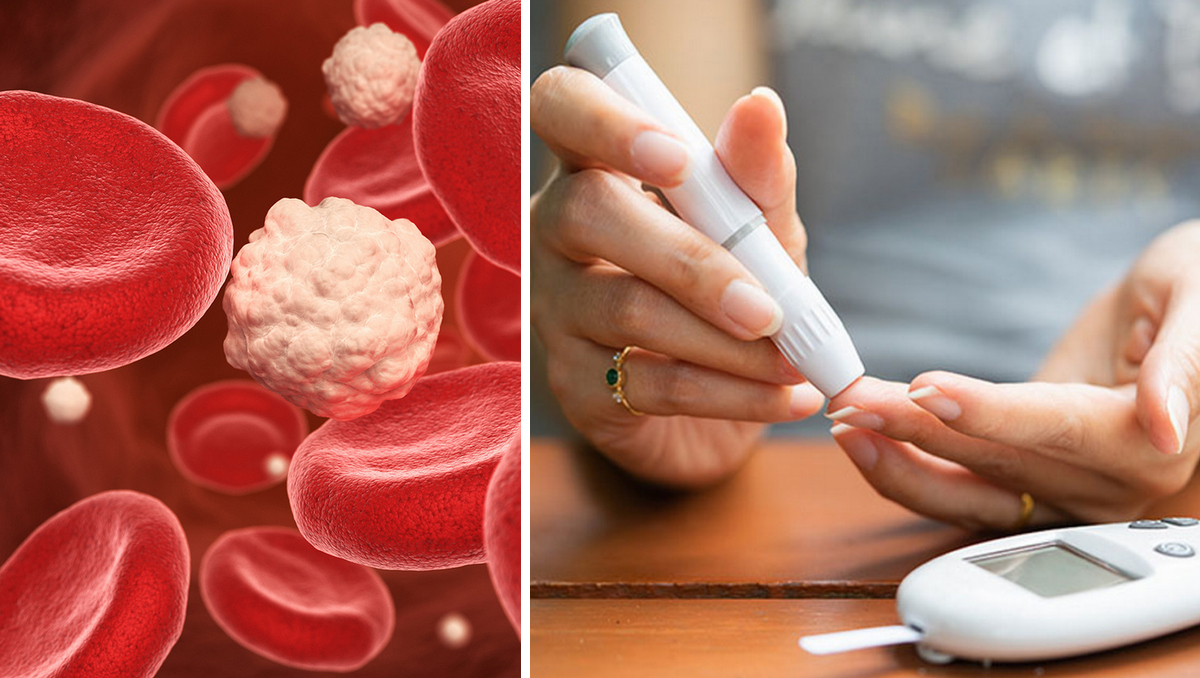World Diabetes Day has been celebrated on November 14 for thirty years. Sir Frederick Bunting, the creator of insulin, was born that day. World Diabetes Day is the world’s largest information campaign, reaching 1 billion people in 160 countries as a sign of the unity of the World Diabetes Federation. The motto of the global campaign for 2021-2023: “Affordable diabetes care – when, if not now.”
On the eve of World Diabetes Day, the latest statistics on the disease show that 537 million adults worldwide suffer from diabetes. According to forecasts for 2030, this number will increase to 643 million people, and by 2045 the number of patients will reach 783 million, or more than 12% of the world’s population.
• 1 in 10 (10.5%) adults suffer from diabetes.
• 4 out of 5 (81%) people with diabetes live in low- and middle-income countries.
• 44.7% of elderly people with diabetes (240 million people) are not diagnosed.
• 6.7 million deaths in 2021 are the result of diabetes and its complications – 1 death every 5 seconds.
• 541 million adults suffer from impaired glucose tolerance, which puts them at high risk for type 2 diabetes.
Many people live with prediabetes and diabetes without knowing or suspecting their disease. These diseases have been shown to affect the cardiovascular and nervous systems, kidneys, eyes and even teeth, and impair quality of life.
Overweight is one of the main factors that cause type 2 diabetes, cardiovascular disease, cancer and others. Obesity and diabetes are among the risk factors for severe course, hospitalization and even death of patients with COVID-19 infection.
• Timely detection and treatment of pre-diabetes leads to a delay or even cessation of its progression to type 2 diabetes. In the last few decades, there has been a tendency in the EU to increase the prevalence of pre-diabetes. It has been identified as a clinically evident risk factor for type 2 diabetes. Of concern is the fact that half of people with pre-diabetes develop type 2 diabetes within five years, and up to 70% of them – during life. According to the International Diabetes Federation, a third of people with prediabetes between the ages of 20 and 39 will live for many years with an increased risk of developing type 2 diabetes. The step-by-step health information campaign will also focus on the fight against overweight, obesity and metabolic syndrome, which are directly related to the development of pre-diabetes and type 2 diabetes.
• Overweight and obesity have affected more and more people, including children and adolescents, in recent years. Malnutrition and lack of exercise are some of the main reasons for this. Qualitative lifestyle changes can lead to long-term improvement in health and prevent the development of insulin resistance, diabetes and cardiovascular complications.
• Metabolic syndrome is a global problem and affects a large number of people, the risk increases with age and overweight. Most studies show that the incidence in the United States and Europe is more than 25% of the population. More than 65% of deaths, including in Bulgaria, are caused by cardiovascular diseases that are part of the metabolic syndrome.
• Timely detection and treatment of pre-diabetes leads to a delay or even cessation of its progression to diabetes.
• Lifestyle change is the best prevention! People who lose 5 to 7% of their body weight due to intense lifestyle changes have a 58% lower risk of developing type 2 diabetes.
• Pharmacological therapy is provided to patients who are unable to cope with lifestyle changes.
A 2022 health information campaign on prediabetes and diabetes will focus on lifestyle changes and improving the diagnosis of risk groups, factors that can successfully prevent or slow the development of type 2 diabetes.

